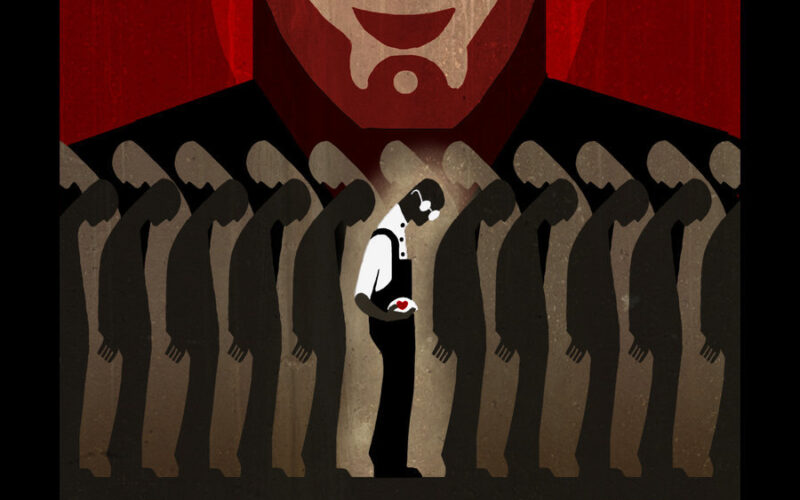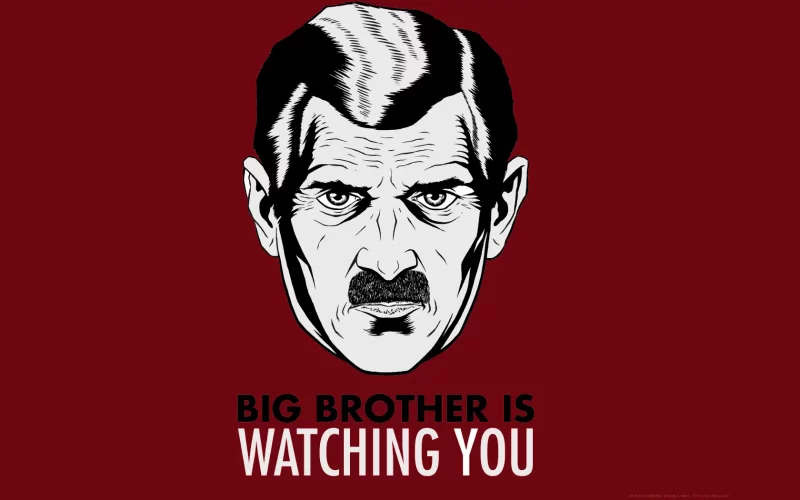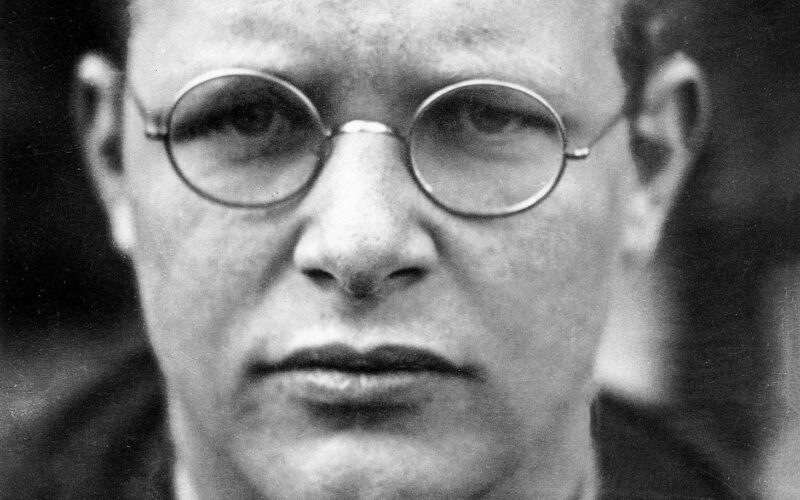Cosmological Arguments for the Existence of God (Part 1)
George Orwell’s 1984 is a difficult work to digest, with several threads, themes and questions begging to be explored. The three most pressing are reflections on fear, the human spirit, family as a bulwark against tyranny, and the coal-miner objection to capitalism.










